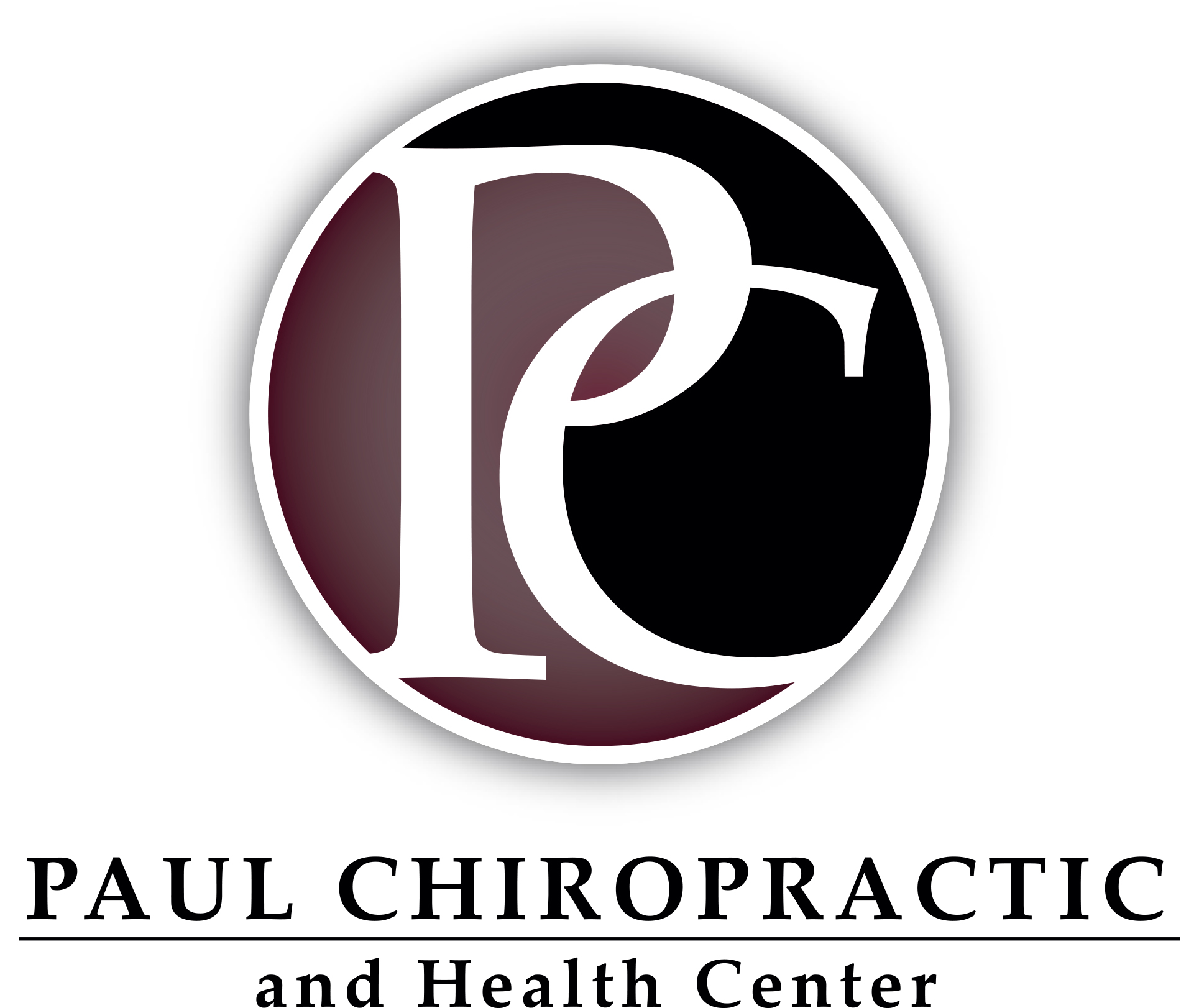The long-term use of hand sanitizers which contain triclosan or triclocarbon is under the scrutiny of the U.S. Food and Drug Administration. They are questioning not only the safety of these products but whether they actually work better than just soap and water at preventing bacterial infections. Triclosan, used as a bactericide in personal care products such as hand sanitizers, toothpaste and deodorant, has been linked to estrogen-mediated responses (which increases breast cancer risk), has been found to suppress thyroid hormone function, and shown to alter testosterone concentrations.1
By 2016 companies that use triclosan will be required to provide the FDA with updated data on the product’s safety and effectiveness.2 The FDA has already stated that liquid and bar soaps containing either triclosan or triclocarbon could pose health risks suck as bacterial resistance or hormonal effects.2
When you use a product containing triclosan, you can absorb a small amount through your skin or mouth. A 2008 study, which was designed to assess exposure to triclosan in a representative sample of U.S. children and adults, found triclosan in the urine of nearly 75 percent of those tested!3
The World Health Organization announced this year that obsession and over-use of antibiotics has resulted in antibiotic resistance in every part of the world.4 The report focused on antibiotic resistance in seven different bacteria responsible for common, serious diseases such as bloodstream infections, diarrhea, pneumonia, urinary tract infections and gonorrhoea.4 The rates of antibiotic prescription levels are disturbing. When conducting a new study analyzing the national prescription drug database for 2010, Center of Disease Control Researchers found that 833 antibiotic prescriptions were prescribed for every 1,000 people.5 In the U.S. the overuse of antibiotics in farming (to prevent animals from getting sick and to fatten them up) is also widely fingered as a source of drug-resistant bacteria. While antibiotics are often prescribed to treat bacterial infections, they are not effective against viral infections.
Viral infections that should not be treated with antibiotics include:
- Colds
- Flus
- Most coughs and bronchitis
- Sore throats (except for those resulting from strep throat)
Triclosan isn’t an essential ingredient in many products. While triclosan added to toothpaste has been shown to help prevent gingivitis, there’s no evidence that antibacterial soaps and body washes containing triclosan provide any extra benefits, according to the Food and Drug Administration.3 Washing your hands is your number one protection against the acquisition and spread of infectious disease. You do not need antimicrobial soap to get the job done.
Hand washing tips:
- When washing your hands use a gentle chemical-free soap and wash for at least 20 seconds.
- Don’t worry about the temperature of the water: Scientists have pointed out that various temperatures had “no effect on transient or resident bacterial reduction.” They found no evidence that hot water had any benefit, and noted that it might increase the “irritant capacity” of some soaps, causing contact dermatitis.6
- Use a clean towel to dry your hands.
- In a public place, use a towel to open the door.
- Try to avoid over-washing your hands. This can easily reduce the protective oils in your skin and cause cracks which create an easy entry point into your body for bacteria and viruses.
- Check the label, especially on liquid soaps. Be sure they are free of triclosan. If you’re looking for an alternative, consider an alcohol-based hand sanitizer.
In addition to proper hand washing, several supplements can be used throughout the year to boost your immune system:
Vitamin C
Vitamin D
Zinc
Oregano Oil
Lauricidin (supports a strong immune defense and helps maintain a normal, healthy balance of intestinal flora and yeast. Derived from coconut oil, Lauricidin has been shown to help fight fungal, yeast, bacterial, and viral illnesses.
Also important for good health – Get tested…
Do you seem to be getting sick year round? Are your allergies getting worse by the season? Does your “chronic cough” never seem to be going away? There may be something that you are missing. By getting a comprehensive blood analysis and hair tissue mineral test, your experienced nutritionist will be able to tell you exactly what you’re missing and provide you with a customized supplement list and dietary guidelines. Take the guessing game out of your health and get tested today.
References:
- Toxicol. Sci. (2010) 117 (1): 45-53
- Saporito, Bill. Why I’m Breaking Up With Hand Sanitizer. TIME Magazine May 12, 2014.
- Calafat AM, et al. Urinary concentrations of triclosan in the U.S. population: 2003-2004. Environmental Health Perspectives. 2008;116:303.
- WHO’s first global report on antibiotic resistance reveals serious, worldwide threat to public health. April 30, 2014. http://www.who.int/mediacentre/news/releases/2014/amr-report/en/
- Stobbe, Mike. Study shows overuse of antibiotics. USA Today April 10, 2013
- www.nytimes.com/2009/10/13/health/13real.html
